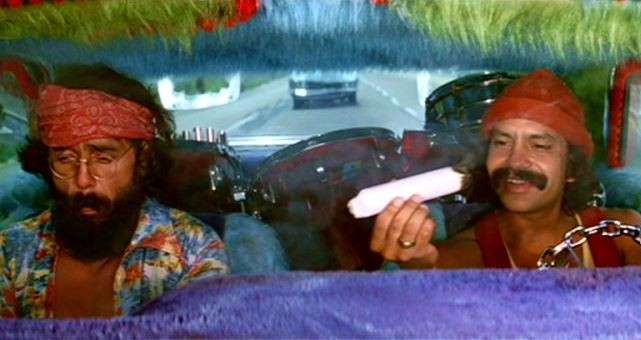New Study Suggests Marijuana's Impact on Crash Risk Has Been Exaggerated
Driving after toking is not safe, but it's not as dangerous as prohibitionists claim.

Last week a Massachusetts legislative committee considering the prospect of marijuana legalization in that state noted that "there is no well-accepted standard for determining driver impairment from marijuana intoxication." It nevertheless recommended creating a legal standard for driving under the influence based on THC blood levels. Politicians are so worried about stoned driving that they are endorsing solutions they concede have no scientific basis. As I explain in my latest Forbes column, a new study suggests the fear underlying such proposals is overblown:
Pot prohibitionists frequently warn that legalization will flood the roads with dangerously stoned drivers, leading to a surge in traffic fatalities. So far there is not much evidence of such a surge in Colorado or Washington, where marijuana was legalized in 2012. A new study may help explain why: It looks like marijuana's impact on traffic safety has been greatly exaggerated.
Reporters and anti-pot activists commonly warn that marijuana use doubles the risk of a car crash. Even if that were true, toking would pale in comparison to drinking as a road hazard, since research indicates that a blood alcohol concentration of 0.10% quintuples the risk of an accident. But according to an analysis that's about to be published by the journal Addiction, the increase in crash risk associated with marijuana use is roughly 20% to 30%, as opposed to the widely cited estimate of 92%.


Show Comments (12)